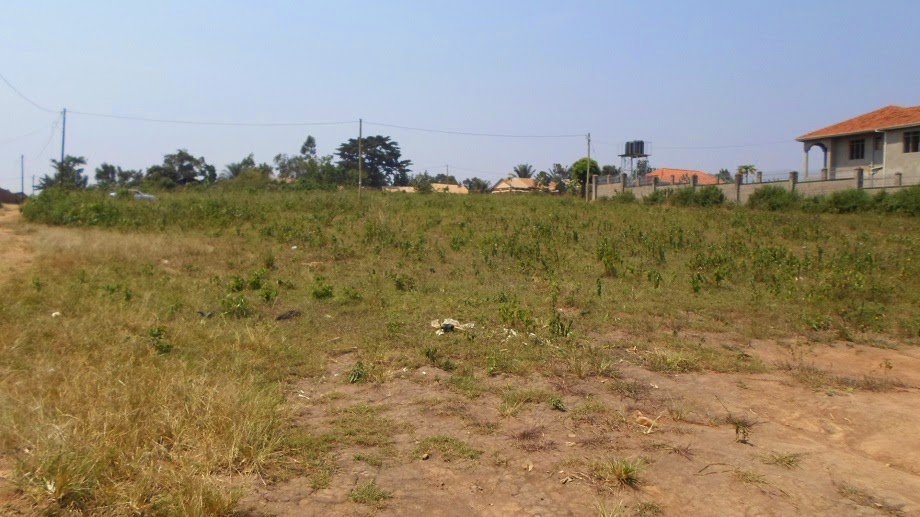The ongoing privatization of government land in the Acholi Sub-region, amounting to over 45,000 hectares, has sparked a debate on land rights and the transparency of such processes. The Ministry of Lands’ report uncovers that private individuals have acquired extensive areas totaling more than 158,100 hectares through leasehold and freehold titles, a situation that raises concerns about the potential misuse of public resources.
From 1968 to 2023, there have been 213 titles issued on government land, covering 158,175.98 hectares. Notably, 113 of these titles are freehold, spanning 45,244.53 hectares, and 100 are leasehold, covering 112,913.45 hectares. Prof Jack Nyeko Penmogi, the acting chair of the Uganda Land Commission, has emphasized that the law prohibits freehold ownership on public land, suggesting that such titles may be subject to cancellation upon review.
The distribution of titles across the region, with Gulu District holding a significant number of government land titles, contrasts sharply with Agago District’s minimal five titles. This disparity highlights the need for a closer examination of land distribution practices and their alignment with national development goals.
In the broader context, the Acholi Sub-region’s eight districts, which cover a land mass of 2.8 million hectares, have seen the processing of 5,494 land titles by the Ministry of Lands. Of these, 2,075 are freehold, and 3,419 are leasehold, indicating a preference for leasehold arrangements that may reflect a strategic approach to land management.
The situation is further complicated by reports from Mr. Otinga Otto Atuka, the deputy paramount chief of the Acholi chiefdom, regarding complaints from residents about threats from the National Forestry Authority and the National Environment Management Authority. The case of settlers in Pabbo Sub-county’s forest reserve, who are now claiming ownership and seeking land titles, highlights the challenges of reconciling post-conflict land claims with environmental conservation efforts.
This complex scenario underscores the importance of establishing clear, equitable, and sustainable land policies that can address the needs of all stakeholders, particularly in regions recovering from conflict and striving for economic development.





